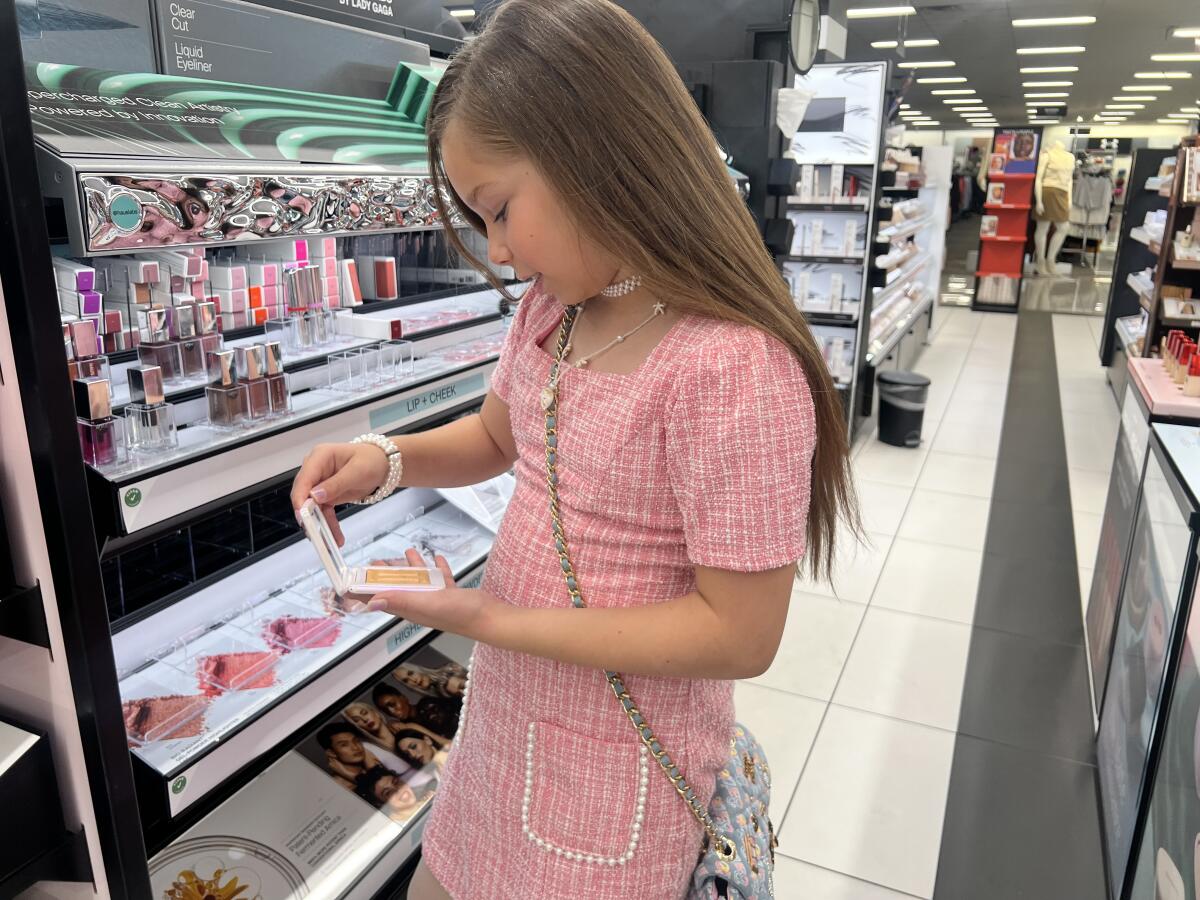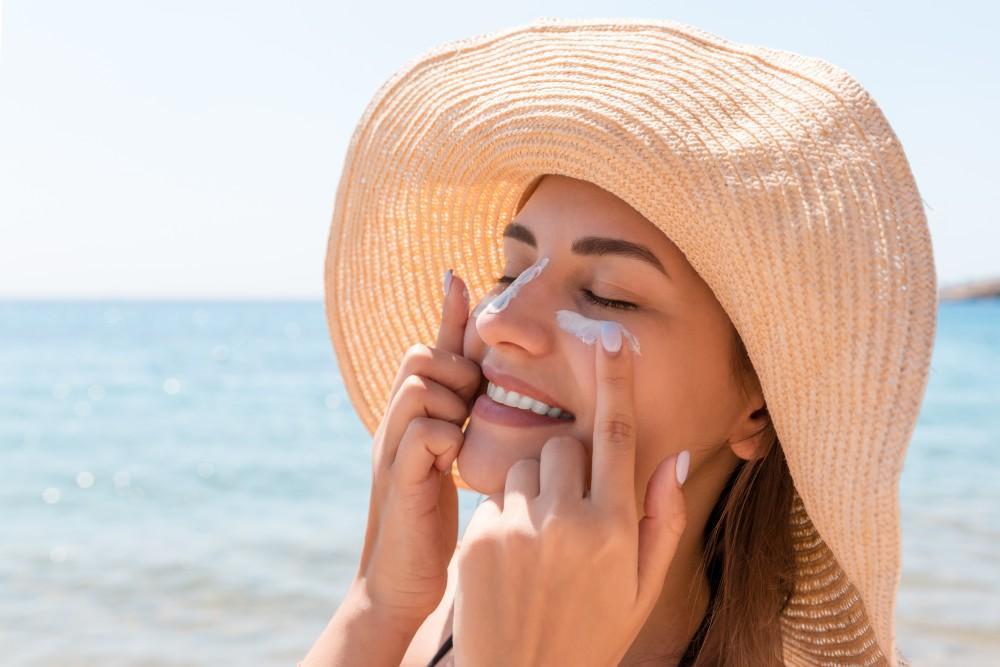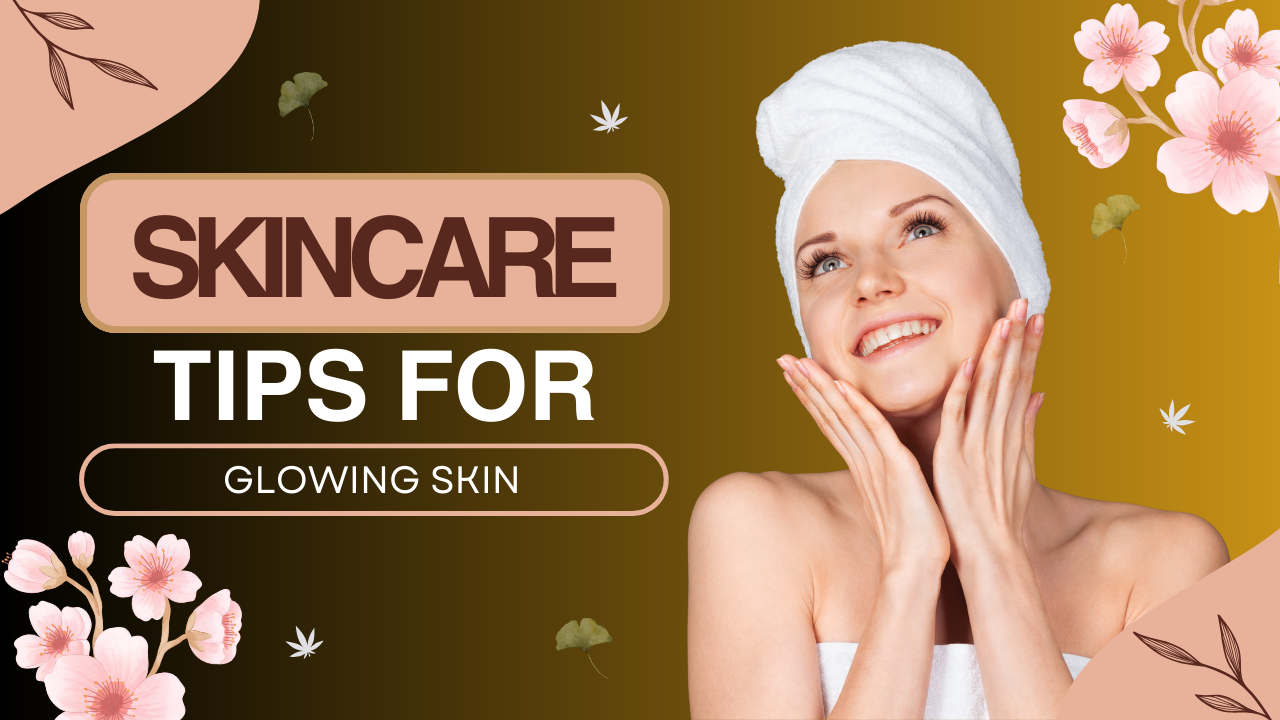Little Girls Are Harming Their Skin With Anti-Aging Products
Young children are using anti-aging skincare products designed for adults. This trend, fueled by social media, is causing skin damage and long-term dermatological issues. Dermatologists warn that ingredients in these products, such as retinol and acids, are too harsh for young skin, leading to irritation, sensitivity, and potential scarring.
Social Media Influence
The rise of skincare content on platforms like TikTok and Instagram has led to a surge in young users purchasing anti-aging products. Hashtags such as #SephoraKids promote skincare routines among children as young as six. Many children mimic influencers without understanding the risks of using products formulated for mature skin.
Harmful Effects on Young Skin
Children’s skin has a natural protective barrier that anti-aging products can compromise. Ingredients like retinoids, hydroxy acids, and peptides accelerate cell turnover, causing redness, peeling, and allergic reactions. Overuse of these products can weaken the skin barrier, making it prone to infections and long-term damage.
Psychological and Emotional Impact
Early exposure to anti-aging products can create an unhealthy focus on appearance. Constant exposure to beauty standards may contribute to self-esteem issues and body dysmorphia. Experts emphasize the need for age-appropriate skincare and parental guidance to prevent negative psychological effects.
Regulatory Concerns and Proposed Restrictions
Some lawmakers are proposing restrictions on the sale of anti-aging skincare to minors. California Assemblymember Alex Lee has introduced a bill to prohibit sales of such products to individuals under 18. This legislation aims to protect children from unnecessary exposure to potentially harmful skincare ingredients.
Parental Responsibility and Dermatologist Recommendations
Parents should monitor children’s skincare routines and educate them about proper skin health. Dermatologists recommend mild, fragrance-free cleansers and moisturizers suitable for young skin. They advise against using anti-aging products until adulthood when the skin naturally starts losing collagen.
Conclusion
The misuse of anti-aging products by young children poses serious dermatological and psychological risks. Social media trends contribute to this issue, emphasizing the need for regulatory action and parental oversight. Experts recommend educating children on proper skincare to prevent long-term damage and encourage healthy self-esteem.
Frequently Asked Questions (FAQs)
1.Why are anti-aging products harmful to young skin?
Anti-aging products contain active ingredients like retinol and acids that can disrupt the natural skin barrier, leading to irritation, redness, and long-term skin sensitivity in young children.
2.At what age should someone start using anti-aging skincare?
Dermatologists generally recommend starting anti-aging products in the mid to late 20s when collagen production naturally begins to slow down.
3.What skincare products are safe for children?
Children should use mild, fragrance-free cleansers, moisturizers, and sunscreen with SPF 30 or higher to protect their skin without unnecessary active ingredients.
4.How can parents prevent children from using anti-aging products?
Parents should educate their children about age-appropriate skincare, monitor their product purchases, and set boundaries on social media influences.
5.Are there any laws preventing minors from buying anti-aging products?
Some lawmakers, such as in California, are proposing legislation to restrict the sale of anti-aging skincare products to individuals under 18 to protect young consumers from potential harm.



